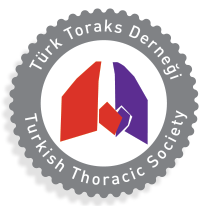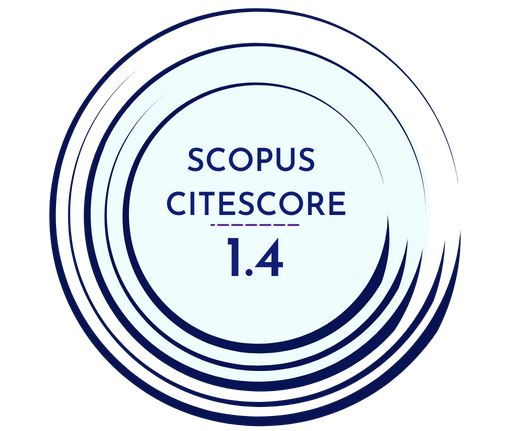OBJECTIVE: Anecdotal reports among clinicians treating severe asthma patients with novel add-on treatments such as mepolizumab suggest that a fraction of these patients may experience a much more dramatic benefit from these agents than reported in large, randomized controlled studies. Although these patients have been referred to as super-responders in some studies, currently, there is no consensus regarding the nomenclature. Therefore, our aim was to assess the real-life data among patients receiving mepolizumab treatment due to severe eosinophilic asthma, in an effort to determine potential clinical and laboratory differences between super-responders and other group of patients.
MATERIAL AND METHODS: Data from adult patients who received at least four doses of mepolizumab due to persistent severe asthma between Janury 1, 2020, and December 31, 2021, in a Tertiary Allergy Clinic were evaluated in a retrospective manner.
RESULTS: A total of 57 patients with severe asthma receiving mepolizumab treatment were included [female: 38, male: 19]. At 4th- and 12th-month after initiation of mepolizumab treatment, significant differences in forced expiratory volume in 1 second, forced vital capacity, forced expiratory volume in 1 second/forced vital capacity, blood eosinophil count, and serum immunoglobulin E level were detected as compared to baseline (P < .001, P < 0.001, P =.027, P < .001, and P =.035). Also, at the 12th-month of treatment with mepolizumab, there were significant differences compared to baseline in asthma control test scores, number of asthma exacerbations, non-planned emergency room visits, hospitalizations, and daily need for oral corticosteroids (P <.001, for all parameters). Also, there was not a statistically significant difference between super-responders and responders groups in regard to age, gender, duration of disease, duration of mepolizumab treatment, allergen sensitivities, and comorbid conditions (chronic rhinosinusitis, nasal polyps, and aspirin sensitivity).
CONCLUSION: Our results suggest that mepolizumab may be an effective therapeutic option in patients with severe asthma. On the other hand, patients who were considered to be super-responders to mepolizumab treatment were not significantly different from the remaining group of patients (responders). Obviously, further studies are warranted to better define the super-responders among patients with severe asthma who receive mepolizumab treatment.
Cite this article as: Atayik E, Aytekin G. Mepolizumab super-responders among severe asthma patients receivinng Mepolizumab: A sigle center experience. Turk Thorac J. 2022;23(5):348-354.



.png)
